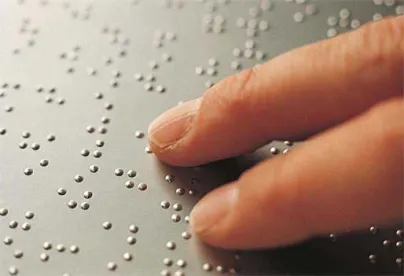While the seemingly endless wave of website accessibility cases filed by serial plaintiffs shows no signs of abating (a situation not helped by the United States’ Supreme Court’s denial of Domino’s Petition for Certiorari last month), those who follow accessibility law and the businesses who have been deeply affected by the relentless barrage of serial plaintiffs’ claims, have been waiting for the inevitable “next big thing” that the plaintiff’s bar would pursue en masse under Title III of the ADA.
On Thursday, October 24, we learned the answer when a new wave of lawsuits began to flood the dockets of the New York federal courts. These lawsuits are styled as putative class actions on behalf of individuals who are blind or have low vision, and allege that the defendant companies (spanning industries including retail and hospitality) violate the ADA, the New York State Human Rights Law, the New York City Human Rights Law and the New York State Civil Rights Law by failing to provide braille gift cards for purchase. In the complaints, the plaintiffs uniformly allege that they are blind, that they contacted the defendant company to inquire as to whether they provide gift cards in braille, and when the companies responded that they did not offer such a product, they commenced the lawsuit.
Since October 24, over a hundred nearly identical lawsuits have been filed, and continue to be filed daily, by a combination of the same named plaintiffs and law firms in both the Southern and Eastern Districts of New York. It should come as little surprise that these are the same players who have been blitzing the courts with website accessibility lawsuits over the last several years. Indeed, in many instances these plaintiffs or their counsel had previously targeted the same companies for their websites, and filed lawsuits asserting that the companies’ websites were inaccessible to individuals who are blind, or have visual impairments. In some instances, the companies were sued by the exact same plaintiff who had previously sued them for their allegedly inaccessible websites.
In our view, these cases stretch well beyond the clearly established reach of Title III and fly in the face of a variety of statutory, regulatory, and precedential support. Moreover, as those who have followed our blogs are aware, the Southern and Eastern Districts of New York issued a number of decisions in recent months openly demonstrating their fatigue with the repeated website accessibility lawsuits. Please see our previous blog posts: June 6 and April 12. We suspect that this latest barrage will do little to improve their mood; particularly where a number of compelling defenses will be available to companies who are tired of settling accessibility matters.





 />i
/>i
